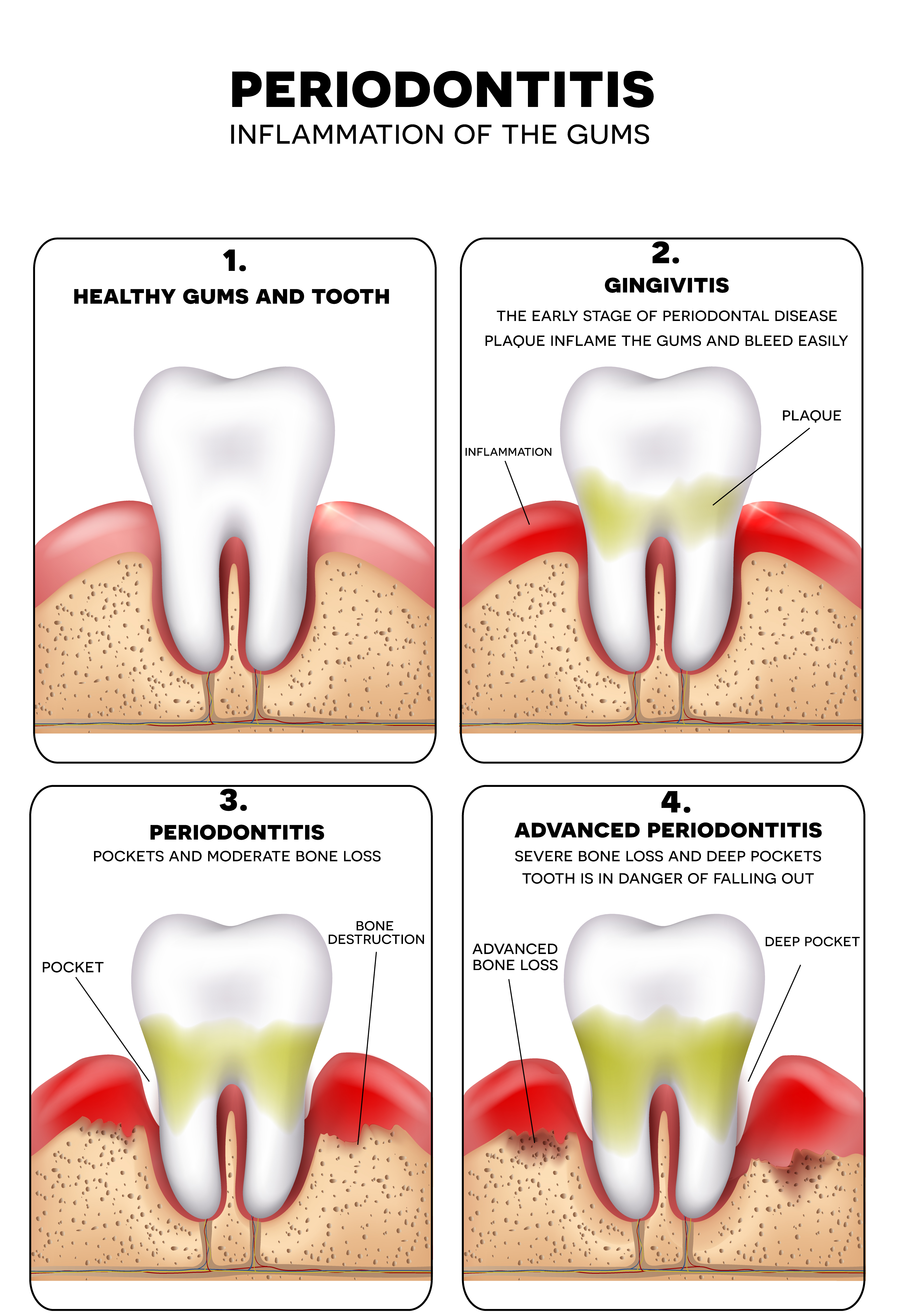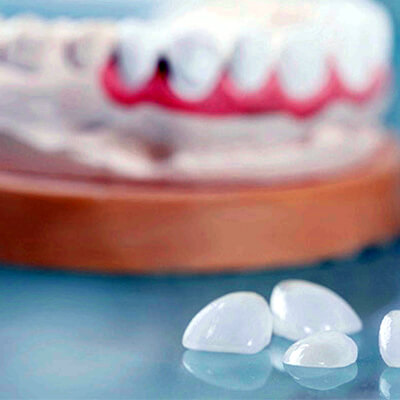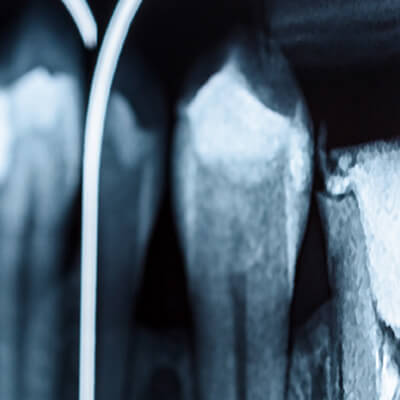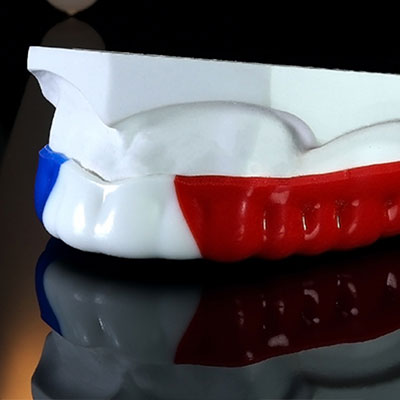
Types of Periodontal Disease
A beautiful smile starts with your gums. Awareness of your gum health and early treatment from a dentist when gum disease starts to develop can help keep you smiling.
Periodontal disease (also known as periodontitis and gum disease) is a progressive disease, which affects the supporting and surrounding tissue of the gums, and also the underlying jawbone. If left untreated, periodontal disease can result in loose, unstable teeth and even tooth loss. The condition is actually the leading cause of tooth loss in adults and therefore should not be taken lightly.
There are many different varieties of gum disease, but all require immediate treatment by a dentist if you want to halt the progression and save the gum tissue and bone. Here are some of the most common types of periodontal disease along with recommended treatments for each.

Gingivitis
Gingivitis is the mildest and most common form of periodontitis. This condition is caused by the toxins in plaque, and can escalate to more severe forms of periodontal disease. People at increased risk of developing gingivitis include:
- Pregnant women
- People with uncontrolled diabetes
- Women taking birth control pills
- Steroid users
- People who control seizures and blood pressure using medication
Gingivitis is easily treated and reversible through a solid combination of home care and professional dental cleanings. A combination of antibiotics and medicated mouthwashes may be used to kill any remaining bacteria and promote the healing of these pockets.
Chronic Periodontal Disease
Chronic periodontal disease is another common form of periodontitis, and occurs much more frequently in people over 45. This form of the periodontitis is characterized by inflammation below the gum line and the progressive destruction of the gingival and bone tissue. A sign of chronic periodontal disease is your teeth appearing like they are growing in length, but in actuality the gums are receding to produce this effect.
Unfortunately, unlike gingivitis, chronic periodontal disease cannot be completely cured because the supportive tissue cannot be rebuilt. However, your Tuscaloosa, AL dentist can halt the progression of the disease using scaling and root planing procedures in combination with antimicrobial treatments. If necessary, your dentist will work with a periodontist and they may perform surgical treatments such as pocket reduction surgery, and tissue grafts to strengthen the bone and improve the aesthetic appearance of your oral cavity.
Aggressive Periodontal Disease
Aggressive periodontal disease is characterized by the rapid loss of gum attachment and bone tissue. The disease itself is essentially the same as chronic periodontitis, but the advancement is much quicker. Smokers and those with a family history of this disease are at a higher risk of developing aggressive periodontitis.
The treatments for aggressive periodontal disease are the same as the treatments for chronic periodontal disease, but people suffering from aggressive periodontal disease are far more likely to require a surgical intervention. This form of periodontitis is harder to stop and treat, but your dentist will perform scaling, root planing, antimicrobial, and in some cases laser procedures in an attempt to save valuable tissue and bone.
Necrotizing Periodontal Disease
This form of the disease rapidly worsens and is more prevalent among people who smoke and who suffer from:
- Chronic Stress
- Malnutrition
- Immunosuppression
- Or HIV
Necrotizing periodontal disease is extremely rare. Tissue death (necrosis) frequently affects the periodontal ligament, gingival tissues, and alveolar bone. Because the disease may be associated with HIV or another serious medical condition, it is likely your dentist will consult with a physician before commencing treatment. Scaling, root planing, antibiotic pills, medicated mouthwash, and fungicidal medicines are generally used to treat this form of the disease.
How Periodontal Disease Relates to Other Conditions
Periodontal disease can be a symptom of a disease or condition affecting the rest of the body. Depending on the underlying medical problem, the disease can behave like aggressive periodontal disease, working quickly to destroy tissue. Heart disease, diabetes, and respiratory disease are the most common cofactors, though there are many others. Even in cases where little plaque coats the teeth, many medical conditions intensify and accelerate the progression of periodontal disease. If your periodontal disease is caused by another medical condition, the first thing to do is control the medical condition that led to it. Your Tuscaloosa, AL dentist will then help halt the progression of your periodontitis utilizing the same treatments used for controlling aggressive and chronic periodontal disease.
Meet The Doctor

Dr. Skalnik’s passion for dentistry and eagerness to provide his patients with superior dental care shines through his work every day. He has been blessed enough to help thousands of patients achieve a healthy, beautiful smile, and he hopes to continue doing so for years to come.
We gladly welcome new patients. We encourage you to visit our website to get acquainted with our services, staff, doctor, and more. If you are ready to take the next step and begin receiving quality dental care, please get in touch with one of our team members today. Contact us via our online contact form or by calling us at (205) 752-1929. We look forward to seeing you soon and becoming your lifelong partner in dental health!
Care Credit financing is now available.
Care CreditOur Patients’ Response
Contact Our Tuscaloosa Office Now!
If you have any question or concerns regarding the different types of periodontal disease and their treatments, please contact our Tuscaloosa office today. We would be happy to set up an appointment to discuss your needs and analyze your best options.
























